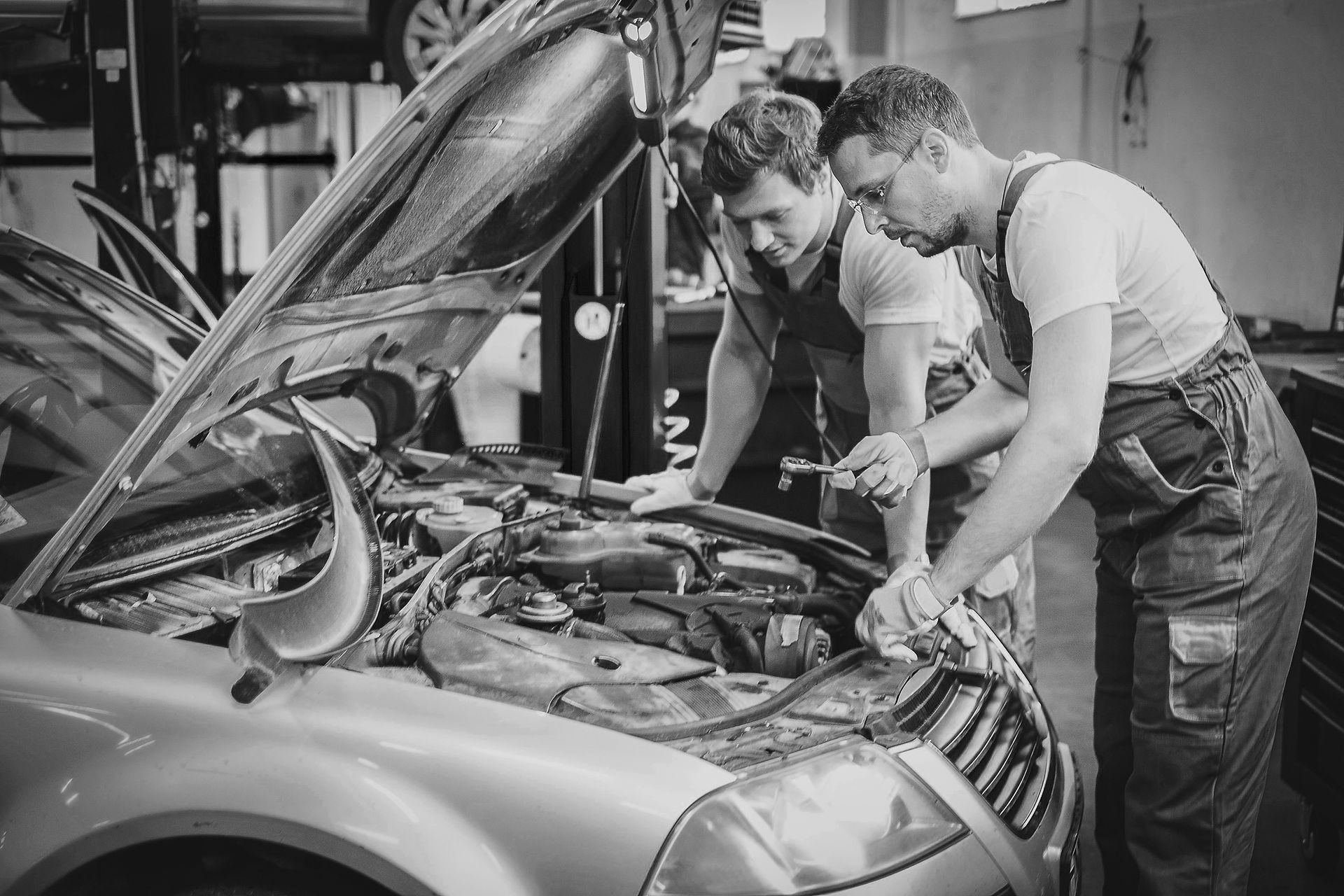How Hard Water Affects Your Plumbing and How to Combat It
- Ali, Karim

- Oct 28, 2024
- 3 min read
If you’ve noticed soap scum buildup on your faucets, dry skin after a shower, or dishes that come out cloudy from the dishwasher, you may be dealing with hard water. Hard water contains a high concentration of minerals, particularly calcium and magnesium, which can have long-term effects on your plumbing system. In this blog, we’ll explore how hard water impacts your pipes and appliances, and what you can do to mitigate its effects.
What Is Hard Water?
Hard water is water with high levels of dissolved minerals, primarily calcium and magnesium. It’s common in many regions and varies in concentration depending on your location. While hard water isn’t necessarily harmful to your health, it can cause a range of problems for your plumbing system, appliances, and fixtures.
Signs You Have Hard Water
Common signs of hard water include:
Mineral deposits or white spots on faucets, showerheads, and dishes.
Soap scum buildup in sinks, tubs, and showers.
Dry skin and hair after bathing.
Reduced efficiency of soap and detergent.
Shortened lifespan of appliances like water heaters and washing machines.
How Hard Water Impacts Your Plumbing
Pipe Clogging and CorrosionThe minerals in hard water can build up over time inside your pipes, leading to scaling. This buildup restricts water flow, increasing pressure and putting strain on your plumbing. In severe cases, scaling can even clog your pipes entirely, leading to costly repairs and replacements.
Damage to Water HeatersHard water significantly impacts water heaters, as mineral deposits can settle at the bottom of the tank, forming a layer that acts as insulation between the heating element and water. This forces the heater to work harder, consuming more energy and reducing its lifespan. Additionally, hard water can damage the heating element itself, which may require frequent repairs.
Decreased Appliance EfficiencyHard water can reduce the efficiency of water-using appliances, like dishwashers, washing machines, and coffee makers. The mineral deposits left behind force these appliances to work harder and may result in shorter lifespans. Appliances running on hard water may also produce lower-quality results, such as cloudy glassware and stiff laundry.
Increased Water BillsAs your plumbing system and appliances work harder to overcome the effects of hard water, they consume more energy. This increase in energy usage can lead to higher utility bills, especially if the problem persists over time.
How to Combat Hard Water in Your Home
Install a Water SoftenerThe most effective way to combat hard water is by installing a water softener. A water softener replaces the calcium and magnesium ions in hard water with sodium or potassium ions, effectively “softening” the water. This reduces mineral buildup in your pipes and appliances, extending their lifespan and improving their efficiency.
Use Vinegar for CleaningVinegar is a natural solution that can help dissolve mineral deposits on faucets, showerheads, and other fixtures. Soak showerheads and faucet aerators in vinegar overnight, then rinse them with water to remove buildup. Regularly cleaning these fixtures can help prevent scaling from becoming severe.
Flush Your Water HeaterRegularly flushing your water heater can help prevent sediment buildup caused by hard water. This process involves draining the tank, removing any sediment that has settled, and refilling it. Many homeowners opt to schedule annual maintenance with a professional plumber to keep their water heater running efficiently.
Invest in a Shower FilterFor those who experience skin and hair dryness from hard water, a shower filter can be a simple solution. Shower filters are designed to remove minerals and other impurities from water, making it gentler on skin and hair. While a shower filter won’t protect your plumbing system, it can improve your personal comfort.
Use a Whole-House Filtration SystemIn addition to a water softener, some homeowners install whole-house filtration systems to further purify their water. These systems can reduce not only minerals but also other contaminants, providing cleaner water for drinking, cooking, and bathing.
Consult a Professional for Solutions
Hard water can lead to long-term damage to your plumbing if left unaddressed. If you’re experiencing the signs of hard water in your home, consulting a professional plumber is the best way to determine an effective solution. At Clogged Plumbing, we offer water softener installation and maintenance services, as well as other plumbing solutions to protect your home from the effects of hard water. Contact us today to schedule an appointment and enjoy the benefits of cleaner, softer water.

Comments